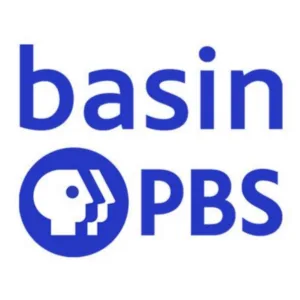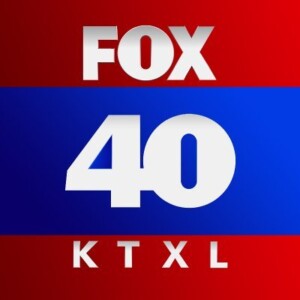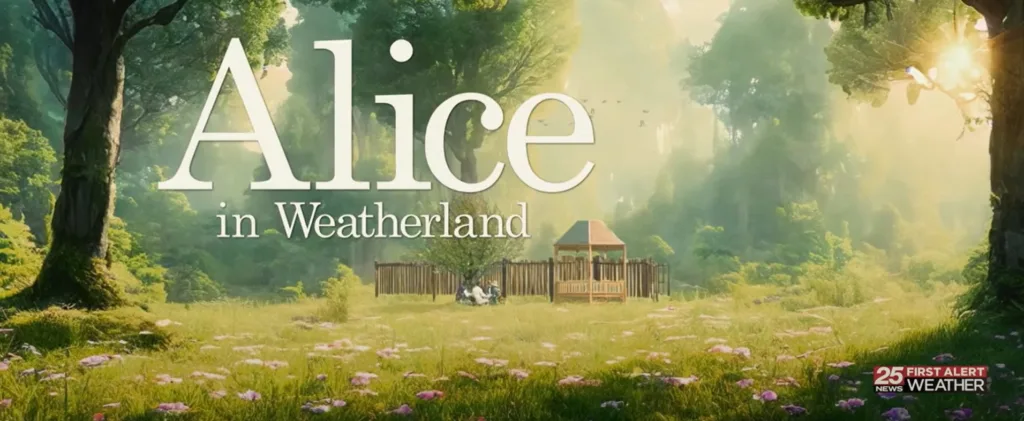Bill Lake, the FCC’s Media Bureau Chief, told the standards group that ATSC 3.0 — the next-generation and non-backwards compatible television standard — can't be completed and deployed without holding up the spectrum auction and channel repack.
Lake: FCC Won’t Delay Auction For ATSC 3.0
FCC Media Bureau Chief Bill Lake shot down the idea of syncing the rollout of a next-generation television standard and the pending spectrum auction and subsequent channel repack to a crowd of broadcast engineers in Washington today.
Lake, the keynote speaker at the 2013 Advanced Televisions Systems Committee annual meeting, said all members of the FCC are determined to have a spectrum auction as quickly as possible, adding, he doesn’t believe that ATSC 3.0 — the next-generation and non-backwards compatible television standard — can be completed and deployed on the commission’s aggressive timetable.
“We do perceive a crunch for spectrum coming,” Lake said to about 100 people at the Ronald Reagan Center. “We encourage the ATSC to work as fast as they can, but feel it’s unrealistic to think the incentive auction would slow down and wait for it to be done.”
The FCC has said it wants to complete a spectrum auction and channel repack in 18 months.
Mark Aitken, Sinclair Broadcast Group VP of advanced technology, said the law Congress passed to implement the auction actually gives the commission 10 years to auction off the spectrum and repack channels. He says if the FCC could even delay their timetable by as little as six months, the technology groups charged with coming up with the ATSC 3.0 standard would be motivated enough to demonstrate it in a year and a half.
“To simply pound down the stake and say here’s the date may not work for the benefit of Americans,” Aitken said. “This is deeply impacted by an expenditure of money to shift channels for the sake of doing the same thing we’re doing today, as opposed to actually advancing the cause of broadcasting. To transition to the same thing is lunacy.
“We need to educate Congress and spell it out and tell them. You have a 10-year window, so maybe it gets stalled by six months or a year. What I’ve seen in this industry is when we’re motivated to do something, when we’re engaged and when we have the economic support and the industry’s support, I fully believe that inside a year and a half, we can be demonstrating the next-generation standard.”
ATSC 3.0 is currently on a four-year timetable to have a final standard completed by 2016. The standard is expected to give broadcasters a platform to implement several technical advances, including 4K broadcasts, targeted advertising and stronger mobility.
Jim Kutzner, PBS VP of advanced technology, said he appreciated Lake’s candidness, even though he disagreed with him.
“It took a long time to do the analog-to-digital transition,” Kutzner said. “I don’t think this transition will take as long, but it certainly is not going to be an overnight switch. That’s the reality of it.”




































Comments (5)
Christina Perez says:
May 9, 2013 at 4:25 pm
Wait until the general public finds out that some faceless bureaucrats are obsoleting their recent-model HDTVs. There will be outrage and I’m betting that we will see a repeat of the color TV controversy of the early 1950s, which firmly established the public demand for backward compatibility in these matters.
Ellen Samrock says:
May 9, 2013 at 5:17 pm
It seems hard to imagine that Lake actually believes the horse manure party line about a pending spectrum crisis, let alone being able to say it with a straight face in a room full of broadcast industry professionals. But frankly, I’m at the point that if the Obama/FCC regime is so itchy to get its rocks off with an incentive auction, then they better do it and do it fast. We need to know where we’re going channel-wise or if we’re even going to be in business in the next couple of years. And when I let my employees go, I won’t have to use Obama’s convenient excuse of “sequestration.” It will be “incentive auction and I’m going with you.”
Keith ONeal says:
May 9, 2013 at 10:51 pm
ATSC 3.0 should only be authorized IF and only IF there is backwards compatability to the current standard.
Ellen Samrock says:
May 10, 2013 at 12:19 am
ATSC 2.0 which is rolling out next and very soon will be compatible. But the current ATSC standard is based on such old technology, technology that is not even used in most countries’ broadcast standards, that it has to change. Broadcast TV will never grow using current standards.
Rick Soltesz says:
May 10, 2013 at 10:59 am
This is pretty rich. ATSC 3.0 is an incredible giveaway to the broadcast industry that belies the promises it and Congress used to justify the transition to ATSC 1.0 (originally described as the HDTV transition; later as the digital TV transition). Now we are being told, by implication, that ATSC 3.0 should be used to justify an even larger giveaway.